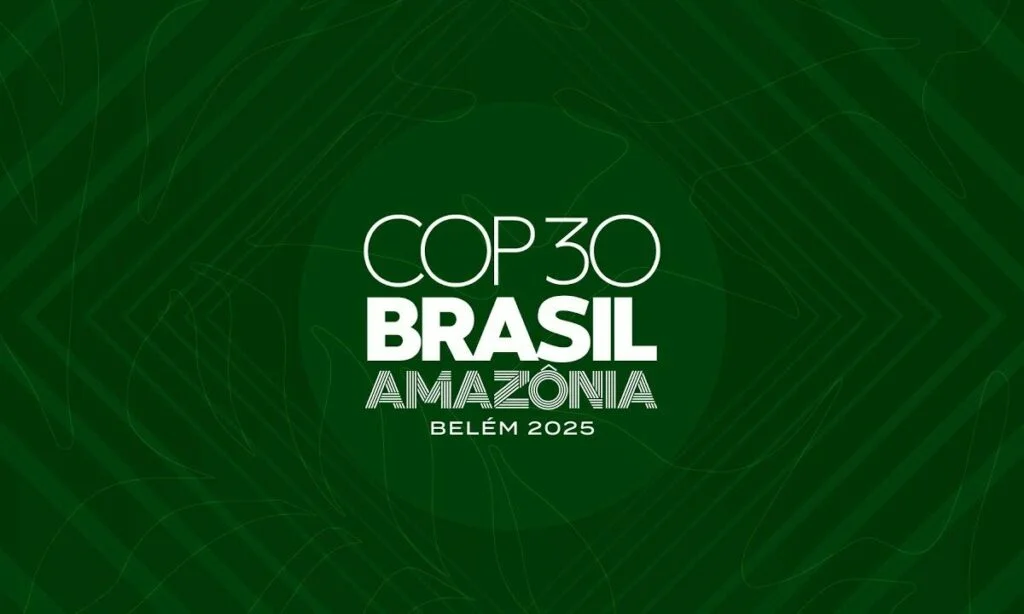Global climate specialists hold mixed expectations as Brazil prepares to host the 30th United Nations climate summit, officially known as COP30. The critical environmental gathering will be held in the city of Belém, located strategically at the edge of the Amazon rainforest.
This high-profile event commences just months after a major international failure: two-thirds of the 195 original signatories to the Paris Climate Agreement missed the deadline to submit their revised national climate strategies.
Consequently, when negotiations begin on November 10, diplomats, experts, and world leaders will prioritize concrete results and demonstrable action over further verbal commitments.
The Divide Between Commitment and Progress
Past promises concerning climate goals have consistently failed to meet the required scope. Data indicates that updated plans provided by 64 nations this year offer only minimal acceleration to current pollution-fighting efforts.
The choice of venue adds to the summit’s complexity. Belém is a less affluent city situated next to the Amazon. This immense rainforest is frequently referred to as the “lungs of the world.”
The conference, scheduled from November 10 to 21, intends to highlight the world’s determination to combat rising temperatures. Achieving this objective will be difficult.
This year has been characterized by global economic turmoil and the retraction of climate commitments by significant nations. For example, U.S. President Donald Trump will not be present.
He had previously dismissed climate change as a “con job” during the United Nations General Assembly. Furthermore, he is not sending any “high-level” government representatives to the meeting.
Focus Shifts to Funding and Real Policy Change
This year’s meeting differs from preceding climate negotiations. Its main objective is not the creation of a massive new treaty or issuing shared declarations. Instead, analysts and organizers are defining this event as the “Implementation COP.”
What is genuinely essential now is a dramatic increase in financial support and decisive political commitment. Nations must transition away from years of rhetoric and promises.
Specifically, policy must be put into effect to limit heat-rapping gases and enforce the cessation of deforestation. Only this determined action can halt the acceleration of global warming beyond the dangerous limit accepted by the international community.
The urgency for action is powerfully underlined by recent climate statistics. In 2024, the crucial 1.5 degree Celsius limit for global temperature rise was exceeded for a full year for the first time. This specific benchmark is widely recognized as the threshold for extremely dangerous and irreversible warming impacts.
READ ALSO: Samia Hassan Inaugurated After Contested Election Sparks Riots






